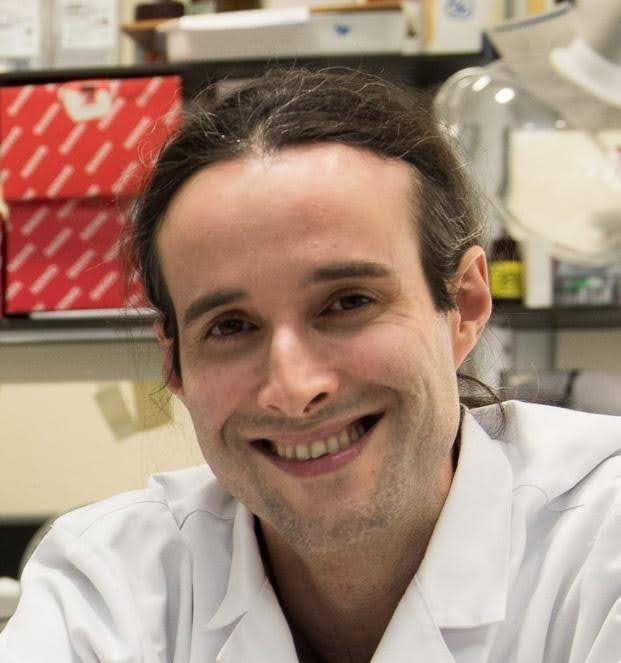22 a 22 May. 2025 - 12:00
An Epigenetic Journey into the Origin, Evolutionary Dynamics and Progression of Chronic Lymphocytic Leukemia
Iñaki Martin-Subero, PhD, IDIBAPS Barcelona
22 a 22 May. 2025 - 12:00
Iñaki Martin-Subero, PhD, IDIBAPS Barcelona

Cristina João, MD, PhD, Myeloma Lymphoma Research Group
Seminar room
Genomics has greatly contributed to our understanding of the pathophysiology and clinical management of lymphoid neoplasms. However, beyond genomics, studies focusing on the epigenome have provided important biological insights into the origin, development and evolution of lymphoid neoplasms, and have also revealed biomarkers and signatures with diagnostic and prognostic value. From the diagnostic perspective, DNA methylation is the mark with the highest translational potential into the clinical setting. Initial studies on DNA methylation mostly focused on epigenetic silencing of specific genes, such as tumor suppressors. However, DNA methylation studies at the genome-wide scale have revealed that a large fraction of the changes does not correlate with gene expression levels. Instead, these changes reflect a kind of epigenetic memory that allows us to trace the origin and evolutionary paths of lymphoid tumors. In this context, we have observed that neoplastic B cells carry DNA methylation imprints of their cellular origin allowing the distinction of different subtypes derived from lymphocytes at distinct maturation stages. Additionally, DNA methylation changes in late replicating regions accumulate as cancer cells divide without impacting the transcriptome, allowing the development of a mitotic clock that is able to trace the past proliferative history of cancer cells. Remarkably, a recent work published as pre-print exploits the presence of CpG sites with fluctuating methylation to build models of the evolutionary dynamics of B cell tumors. These three aspects of epigenetic memory are strongly associated with disease progression. Overall, these studies and additional data that will be presented in the meeting suggest that epigenetic imprints of the past have an enormous potential to improve diagnostic accuracy of lymphoid tumors and contribute to the estimation of their future clinical behavior.
Dr. Martin-Subero is an ICREA Research Professor leading the Biomedical Epigenomics group at the IDIBAPS of Barcelona. He has published over 250 peer-reviewed articles on genomics and epigenomics of normal and neoplastic lymphoid cells. His goal is to translate epigenomic knowledge into a benefit for patients with lymphoid neoplasms.
Register here.
Champalimaud Research (CR) Colloquia Series is a seminar programme organised by the Champalimaud Centre for the Unknown to promote the discussion about the most interesting and significant questions in neuroscience and physiology & cancer with appointed speakers by the CR Community.
